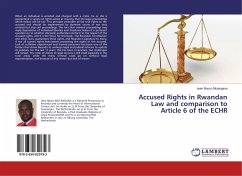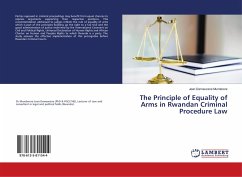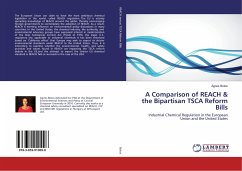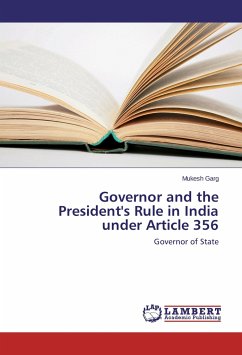When an individual is arrested and charged with a crime, he or she is guaranteed a variety of rights aimed at insuring that the legal proceedings which follow will be fair. This principle embodies all fair trial rights to the accused and should be implemented by domestic courts in not only criminal but also civil proceedings. The fact that criminal proceedings may imply deprivation of individual liberties and freedoms makes it a pertinent question on to whether domestic authorities conform to the respect of the accused rights, and it is the focus for this book. The Rwandan Constitution and other laws, guarantees these rights, and Rwanda is signatory to many, if not all human rights instruments protecting the rights of the accused. Lack of sufficient experienced and trained personnel has been one of the factors that drove Rwanda to undergo legal and judicial reforms to update its judiciary. For the last 11 years, this has been in practice, but challenges still remain. The ratio ofclients to legal services is still small especially in the rural areas, while the many criminal cases go on without legal representation, not because of any reason but lack of means
Bitte wählen Sie Ihr Anliegen aus.
Rechnungen
Retourenschein anfordern
Bestellstatus
Storno








